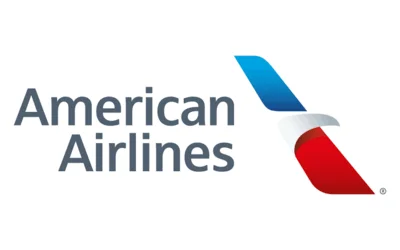Boeing initially admitted guilt but later withdrew its guilty plea after reaching a settlement that avoids felony prosecution. The Trump administration supported this arrangement by pressing for further financial contributions from Boeing to victim settlements.
A government status report filed on May 17, 2025, provided details about ongoing negotiations and indicated that President Donald Trump’s return to office influenced an end to policies allowing Judge Reed O’Connor to pause proceedings.
Judge O’Connor has allowed family members of crash victims to speak out against the decision not to prosecute. Catherine Berthet, whose daughter Camille Geoffrey died aboard Ethiopian Airlines Flight 302 at Addis Ababa Bole International Airport, stated:
“While it is no surprise that Boeing is trying to buy everyone off, the fact that the DOJ, which had a guilty plea in its hands last year, has now decided not to prosecute Boeing regardless of the judge’s decision is a denial of justice, a total disregard for the victims and, above all, a disregard for the judge.”
Boeing acknowledged defrauding regulators by hiding safety issues with its MAX jets but attributed blame primarily to two technical pilots involved in misleading authorities; only one was prosecuted and subsequently acquitted. Under current terms negotiated with prosecutors, Boeing is expected to contribute an additional $444.5 million into a fund for crash victims—supplementing an earlier $500 million payment.
In total, penalties paid by Boeing include $1.7 billion in compensation for airlines affected by grounding orders following the second crash and a $243 million fine paid separately.
Justice Department attorneys have reported that families representing 110 crash victims support or do not oppose settling before trial through this agreement. A legal dispute remains over whether Judge O’Connor can reject dismissal unless prosecutors acted outside public interest or in bad faith.
Judge O'Connor previously called these events “the deadliest corporate crime in US history,” according to NPR reporting.
Investigators found that an automated system designed for handling larger engines on the MAX jets would lower each plane’s nose based on sensor input—without pilots receiving warnings or adequate training due to undisclosed information withheld from regulators by technical staff at Boeing. This lack of transparency contributed directly to pilots’ inability to respond effectively during emergencies—a factor cited as leading directly to both crashes and loss of life.
Boeing continues operating as one of America’s largest aerospace manufacturers with key product lines including commercial airliners such as the 737 series.
 Alerts Sign-up
Alerts Sign-up




































